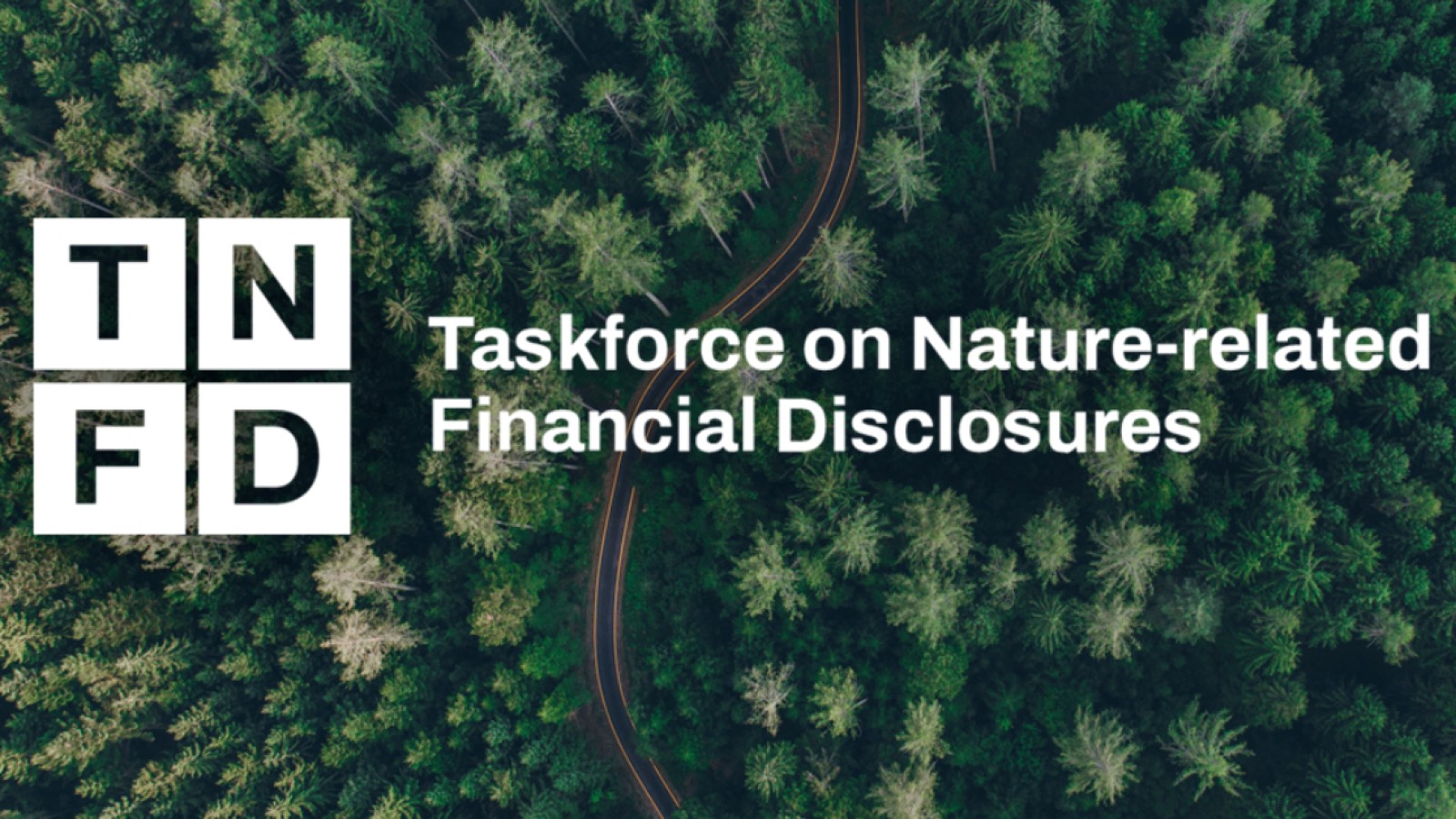If you’ve ever done a DEI (diversity, equality and inclusion) training that’s worth its salt, you will understand that system change is key to transforming oppression.
Few people are keen on regulatory frameworks and the work they generate, yet regulatory frameworks are the backbone of system change.
For centuries, the economy - a human designed system of exchanging value - has oppressed nature with very little awareness of the consequences.
In the last few decades, the results of overuse of resources, pollution, and wholesale clearing of forests and wetlands have become abundantly clear. The natural world is collapsing around us.
Until fairly recently, corporations, the majority of the biggest players in the economy, have been required to report on their impact on nature, tallying up the oil spills, air and water pollution, and so on.
Has that impact reporting resulted in any change in corporate behaviour?
Not enough to stop the rampant destruction of fragile ecosystems, extinguishing of multiple living species, and very troubling climatic changes (due to both land use change and greenhouse gas emissions).
TNFD is the Taskforce for Nature Related Financial Disclosures - a group of executives from across the world from financial institutions, corporations and market service providers.
The Taskforce worked together to create a framework for corporations to disclose nature related financial risks, dependencies and opportunities.
Their recommendations were released in late 2023 and have already been adopted by over 400 progressive companies.
The International Sustainability Standards Board is currently looking at creating binding regulations based on the TNFD recommendations. It’s likely they’ll emerge in the next two years.
Why does this matter?
The TNFD framework (which has the same key pillars as the earlier Taskforce for Climate-Related Financial Disclosures framework) is primarily focused on risk, specifically nature-related risk to business operations.
It recommends that corporations report on their material nature-related risks, dependencies, and opportunities.
The purpose of this reporting is to make sure investors have comparable information across their portfolio.
Investors need to be able to see where they have significant exposure, and make more sustainable decisions about where to invest, for example, in billion dollar pension funds.
The effect of this is two-fold:
1) The world of big finance is waking up to the very real risk to profit (and everything else) from the potential collapse of the natural world (everything depends in some way on nature if you dig deep enough); and
2) If investors want to know what their exposure is, corporations need to understand what their material nature-related risks and dependencies actually are, which means undertaking some kind of process to find out.
If you’re a sceptic, you might say, well this is just a reporting exercise, like all the rest. All corporate ESG departments need to do is jump through the hoops and post a 30 page glossy report on their website.
In some cases you may be right. However, humans are not completely foolish.
If the attempt to satisfy the reporting demands reveals there are serious nature-related risks, which impact business operations (whether directly or through the supply chain), Boards and execs will sit up and take notice.
If profit and access to capital are being impacted, risk mitigation will occur. Most of that mitigation requires the restoration of the systems of the living world that have been so damaged by economic drivers.
These nature-related risk and dependency drivers shift the economy from being the oppressor, to the restorer.
It transforms the requirement for corporations to take restorative action from a marketing exercise to an economic necessity.
It gets better! Early adopters of the TNFD framework, report that the primary struggle for corporates in assessing where their material risks and dependencies lie, is with the lack of data in their value chains.
So some corporates are beginning to work with their own supply chains to collect data and establish where those nature-related risks and dependencies lie.
This kind of self-interested cooperation will drive nature-positive behaviour change throughout the value chain.
That’s radical! Let’s get a little more radical …
We know that Nature is fundamentally self regulating, adjusting for imbalances in every part of the vast interconnected living system of this planet. Humans are not separate from nature.
We are an inextricable element of nature that relies on many other elements of nature for our survival. Since the economy was created by humans, it’s also therefore derived from nature.
Is it a step too far to say that the economy is part of nature, and as such, has an interest in preserving and rebalancing itself?
If you look at it through that lens, it’s not surprising that a framework like TNFD would arise from gross imbalances in the economy that may lead to its demise (at least in its current form).
TNFD offers companies the opportunity to change course and restore nature as a part of every day business activity, leading to long term sustainability.
Shifting consciousness is not just about meditating and envisioning the world we want to be part of and leave to our children.
It’s also very much about practical actions that lead to material change in the physical world - the place where we all experience life.
The adoption of the TNFD framework by progressive companies, in response to investor pressure, is driving exactly the kind of change that nature (and we) need.
Discover more about TNFD here
About the author

Pollyanna Darling is based in Queensland, Australia. She is committed to playing her part in bringing our planet back to thriving.
With the clarity of insight that derives from following one's calling, Pollyanna brings a rich skill set gleaned from her background in IT project management, reforestation, community engagement, business development, and NFP sector management.
A wearer of many hats, her passion is matched only by her business acumen and resiliency. She was also a coach, solopreneur, mentor, and facilitator for over a decade.
A strong intention for positive change & a genuine love for the diversity of the human experience colours all of Pollyanna's work.
She is also a shameless lover of natural beauty, an avid photographer & researcher, an award-winning writer, a creator of four boys, a tolerable musician, and a daring racer of stand-up paddleboards.

Praying together for peace

Equinox Meditation for Peace



